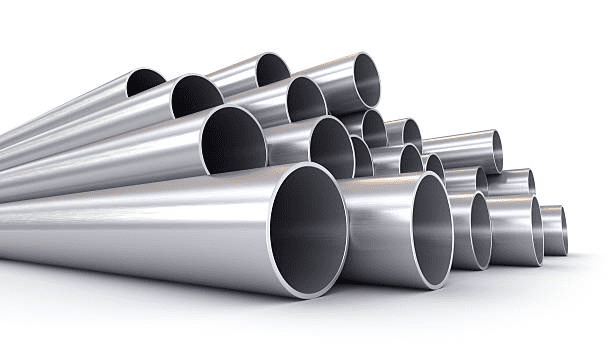
Stainless steel tubes are widely used in various applications due to their oxidation resistance and low-maintenance requirements. These tubes have no adverse effects on the metals they come in contact with. Due to its exceptional properties, the 316-metric stainless steel tube is the most widely used material in various industries.
Classification Of Stainless Steel Tubes
The classification of stainless steel tubes is based on their end-use function, environmental conditions, and grade. Grade 304 is often preferred for tubing and piping applications due to its high chemical and corrosion resistance. However, it is unsuitable for applications involving high temperatures of 800-1640 F due to its proneness to carbide precipitation. On the other hand, grade 304L stainless steel can be used for such high temperatures because of a lower upper limit of carbon content, which makes it suitable for welding and other high-temperature applications. In addition, a 316-metric stainless steel tube is also widely used for its commendable properties. It has high nickel and molybdenum content, offering better corrosion-resistant properties than 304 grade. 316 stainless steel tubes are extremely useful when there is a risk of pitting and crevice corrosion in chloride environments.
Properties Of Stainless Steel Tubes
The interior walls of tubes made of other materials have a risk of corrosion, gathering debris, and sustaining abrasion damage but stainless steel tubes can resist corrosion, thus offering the advantage of being used in hospital applications or the distribution of sanitary water. Stainless steel tubes are long-lasting products that can serve for many years. The material is extremely dependable and simple to install and maintain. The little maintenance is owed to its corrosion-resistant properties. Other substances like molybdenum, nickel and nitrogen may also be added to the stainless steel in order to increase its corrosion resistance. They can handle extreme temperatures. Also, the manufacturing process of stainless steel tubes is very simple, thanks to the nature of the material.
Applications In The Medical Industry
Stainless steel tubes have always played a significant role in the medical sector, especially in the areas of biomedical implants, critical surgeries, and surgical procedures. The high level of safety and ease of cleaning and sterilizing these tubes makes them extremely suitable for medical purposes. They are also very resistant to harsh acids and impervious to many risks associated with heat and flame. This is even more crucial for patients and medical professionals if there is a malfunction in the tools and equipment. Their oxidation resistance and high thermal strength make them exceptionally fireproof.
Almost all surgical and non-surgical instruments and body implants are made of stainless steel tubes. Hospital beds, the backbone of any healthcare facility, are one of the most important uses of stainless steel in the medical industry. Wheelchairs, walkers, IV stands, and other equipment like orthopaedic implants, scalpels, and bone fixation also involve using stainless steel tubes.
Conclusion
Apart from being a crucial part of the medical industry, stainless steel tubes have also made their way into other sectors like manufacturing, transportation, aerospace, construction, etc, due to their excellent properties and durability.
Featured Image Source: https://media.istockphoto.com/id/498127375/photo/stack-of-stainless-steel-pipes-isolated-on-white.jpg?s=612×612&w=0&k=20&c=XqagSrD-Zgs0CtFtZ5tFB1sg1HAue2grNwzzBFJvs7A=

